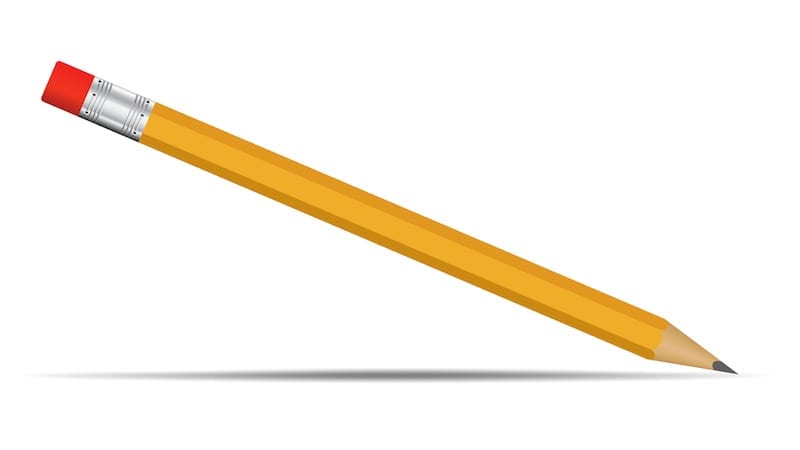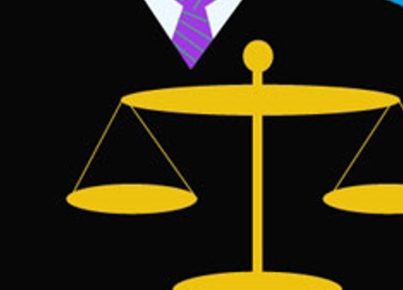Introduction
In recent years, laptops and digital devices have become an integral part of the modern classroom experience. Students often rely on their computers for note-taking and accessing digital learning materials, while teachers leverage technology to facilitate better engagement and collaboration. However, the use of computers for note-taking has sparked a debate among educators and parents alike. Should schools ban computer note-taking, or are there more profound benefits to its continued use?
The case for banning computer note-taking
1. Research suggests handwriting boosts retention: Studies from various researchers, including Pam Mueller and Daniel Oppenheimer, have shown that students who take notes by hand tend to understand and retain information better than those who type their notes on a laptop. This is because handwriting forces the brain to engage with the material actively while filtering out irrelevant or unnecessary information.
2. Distractions: With a wealth of online resources just a click away, it’s no secret that computers can be distracting for students. Social media, emails, games, and other digital distractions may tempt students away from the task at hand.
3. Impact on writing skills: Reliance on typing may affect a student’s ability to write legibly by hand. With increased computer use, they might not develop essential fine motor skills associated with handwriting.
4. Privacy and cheating concerns: The rise in technology usage inside classrooms also opens doors to privacy issues and cases of cheating among students.
The case for keeping computer note-taking
1. Speed and efficiency: Typing allows students to take notes more quickly than writing by hand. This also makes it easier for students to keep pace with fast-talking lecturers or group discussions.
2. Better organization: Digital notes are easily organized, searchable and sharable with peers or teachers for collaborative learning.
3. Accommodating different learning styles: Computers provide various tools that cater to diverse learning needs – text-to-speech, audio recording, visual aids, and more.
4. Environmental benefits: By reducing the need for paper notebooks, computer note-taking helps lower the environmental impact of traditional classroom learning.
Conclusion
Banning computer note-taking in schools is a complex issue that requires careful consideration of various factors. On one hand, there is evidence supporting the idea that handwriting notes can improve retention and understanding. At the same time, we cannot overlook the benefits that digital devices offer in terms of organization, collaboration, and accommodating diverse learning styles.
Rather than jumping to an outright ban, educational institutions should consider implementing policies that best harness the strengths of both handwriting and digital note-taking. Offering a blend of both approaches will empower students to choose the method that suits their individual learning needs and ultimately foster a holistic learning environment for all students.





